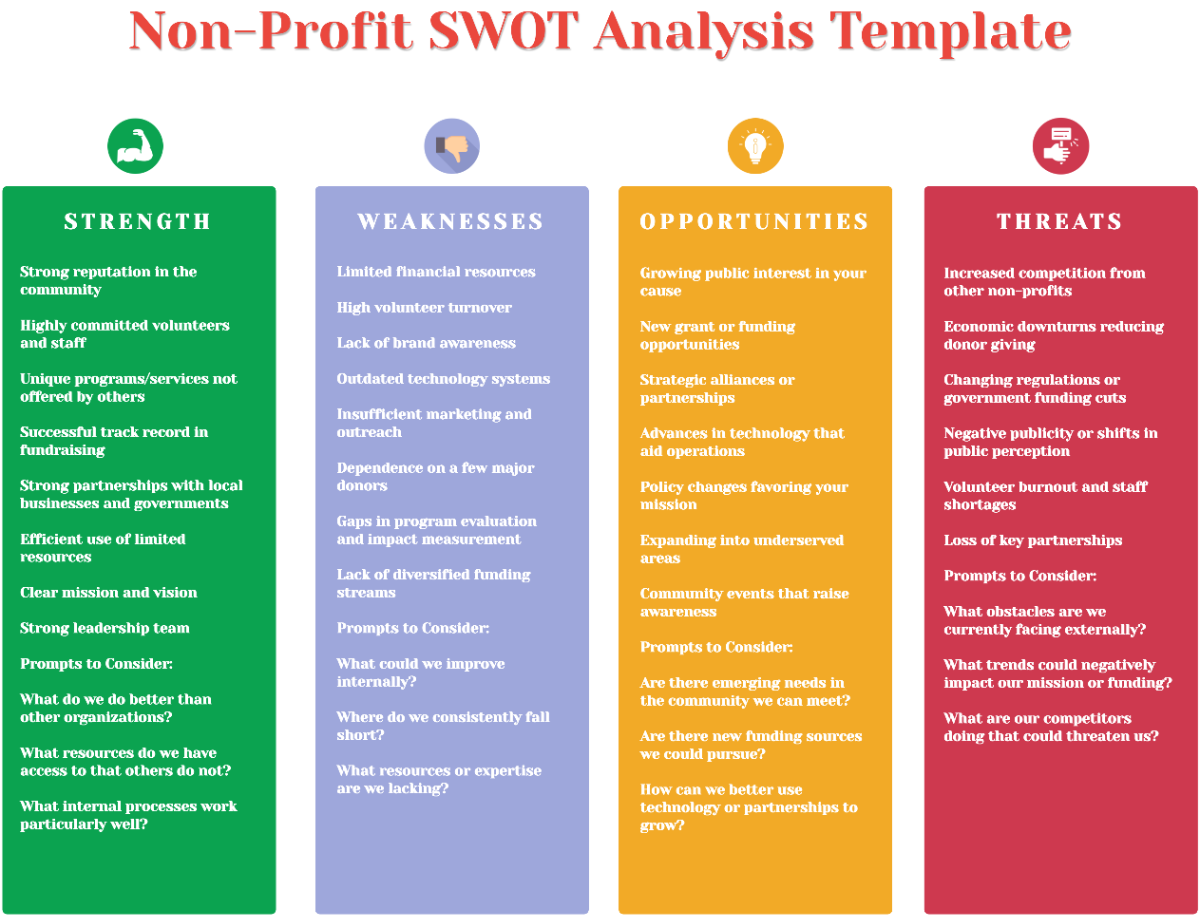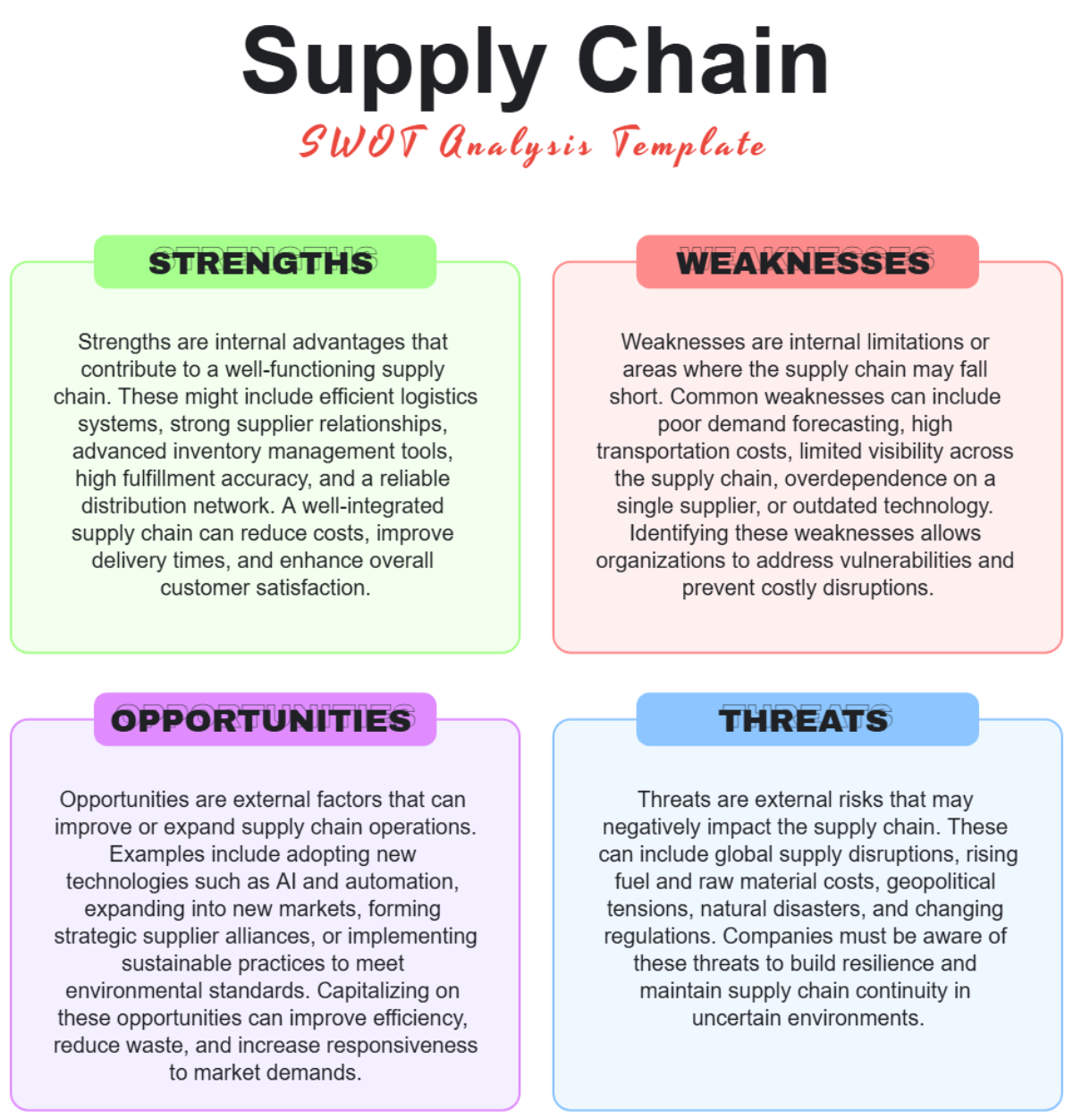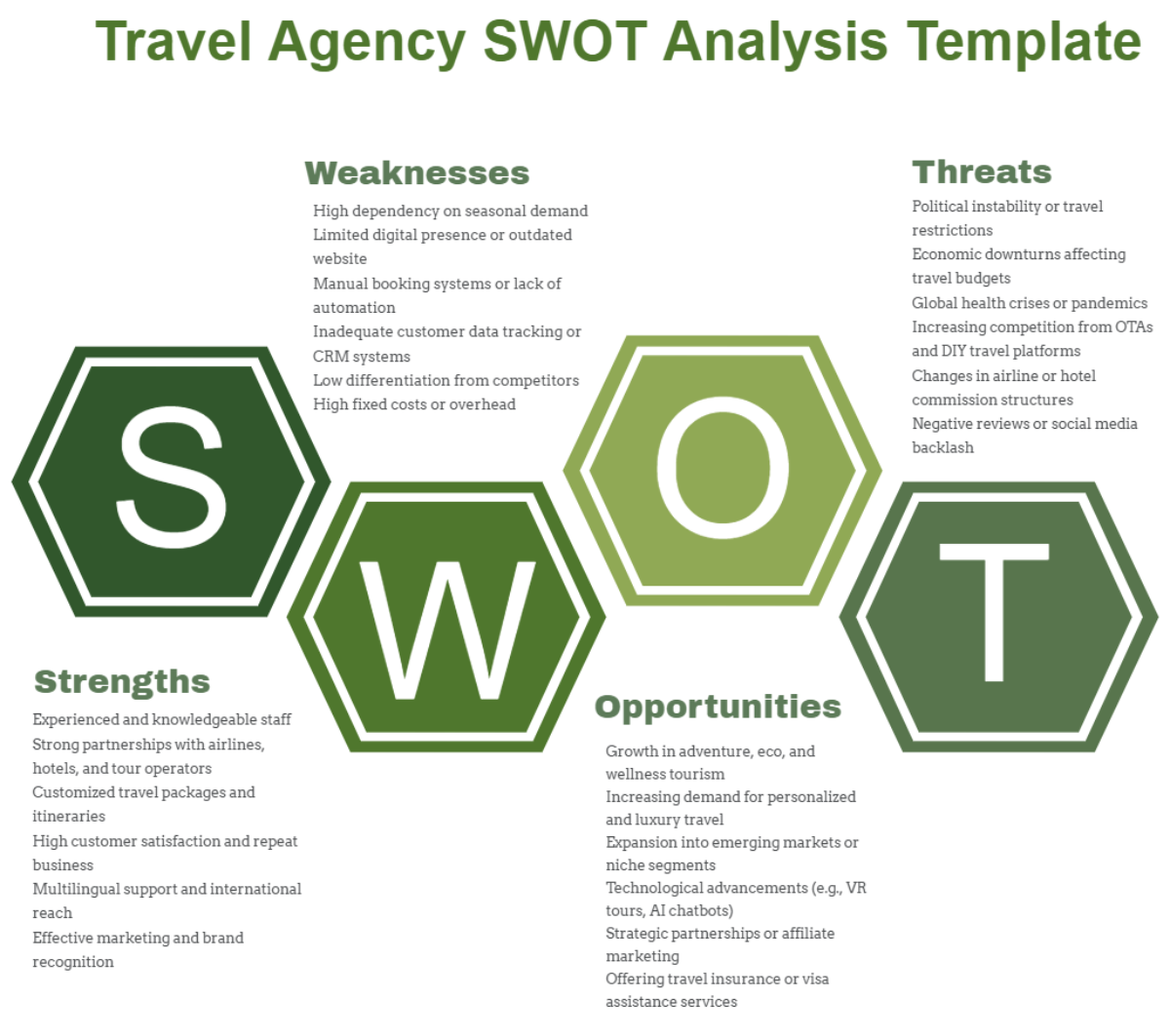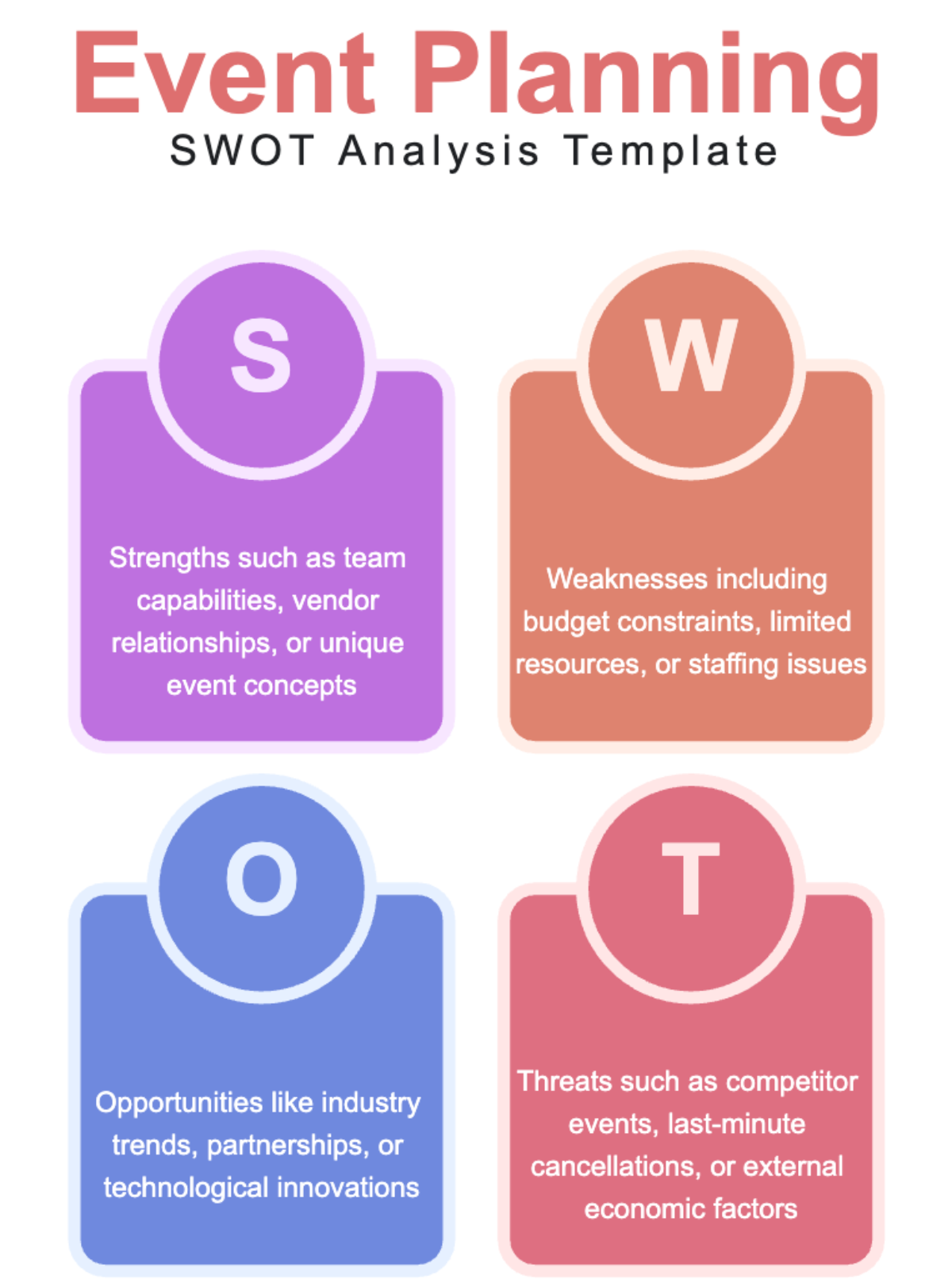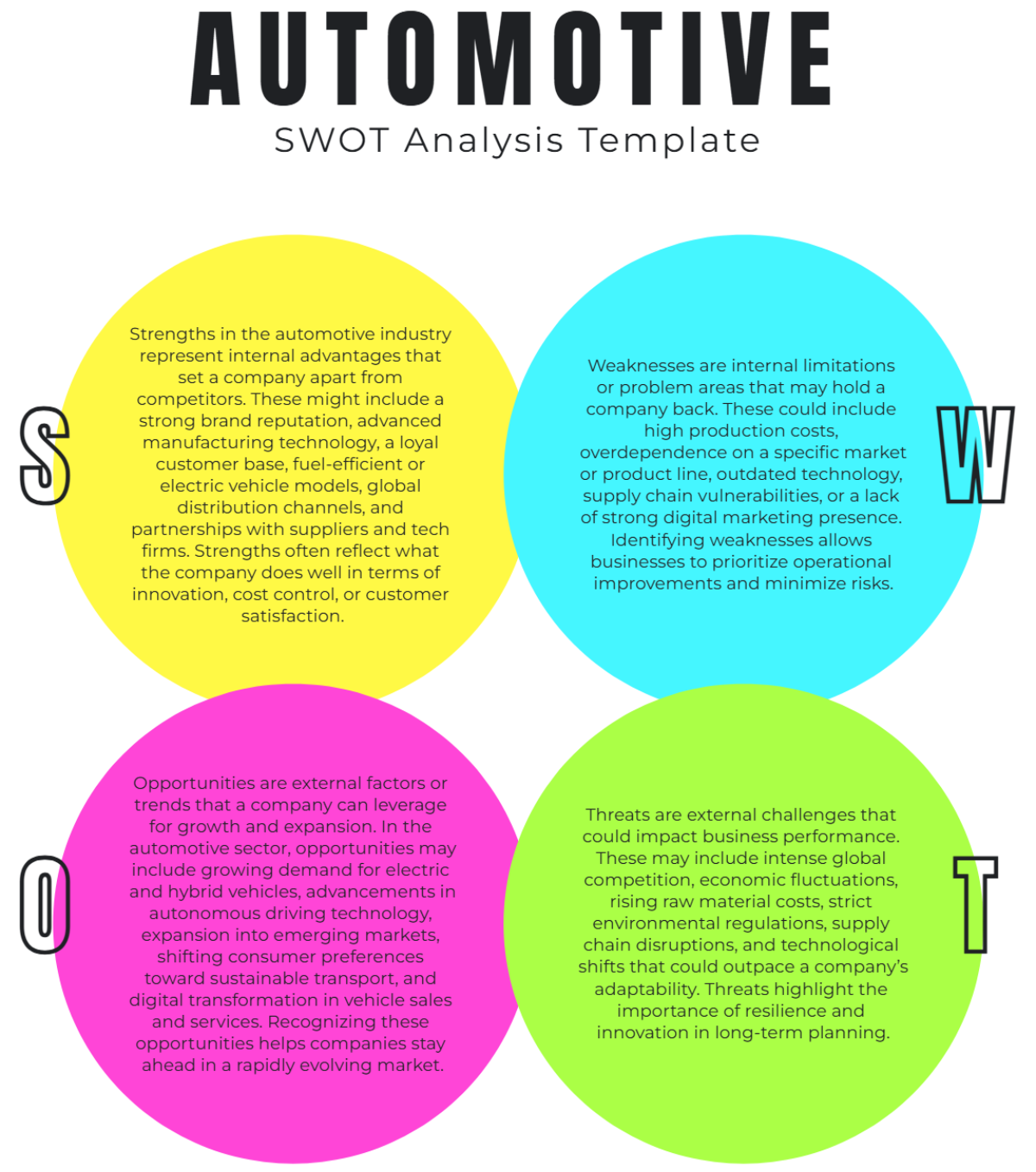Free Business Transformation Analysis Template
Business Transformation Analysis
I. Introduction
Business transformation is a comprehensive, holistic process that organizations undertake to adjust to new market conditions, technologies, and customer demands. This analysis aims to explore the key elements of business transformation, its drivers, challenges, and outcomes.
II. Key Elements of Business Transformation
1. Leadership and Vision
Effective leadership is crucial in guiding the organization through the transformation process. Clear vision and strategic direction are essential to align all stakeholders.
2. Organizational Culture
The organizational culture must be adaptable and open to change. This includes promoting a culture of innovation, collaboration, and continuous improvement.
3. Technology and Digitalization
Embracing emerging technologies and digital solutions is vital for modernizing processes and improving efficiency and customer experience.
4. Process Optimization
Streamlining business processes and eliminating inefficiencies are necessary to improve operational excellence and reduce costs.
III. Drivers of Business Transformation
Technological Advancements
Competitive Pressure
Customer Expectations
Regulatory Changes
Globalization
IV. Challenges in Business Transformation
Resistance to Change
Lack of Skilled Personnel
Insufficient Resources
Poor Communication
Inadequate Vision and Strategy
V. Outcomes of Successful Business Transformation
Outcome | Description |
|---|---|
Increased Efficiency | Improved operational processes lead to cost savings and better resource allocation. |
Enhanced Customer Satisfaction | Customer-centric transformations improve service delivery and customer experience. |
Competitive Advantage | Innovations and improved processes position the company ahead of competitors. |
Revenue Growth | Transformation can open new markets and revenue streams. |
Agility and Scalability | Organizations become more adaptable to future changes and challenges. |
VI. Conclusion
Business transformation is essential for organizations to remain competitive in a rapidly changing environment. By focusing on leadership, culture, technology, and process optimization, companies can overcome challenges and achieve significant outcomes that ensure long-term success and growth.






















